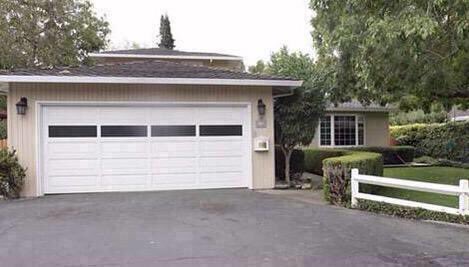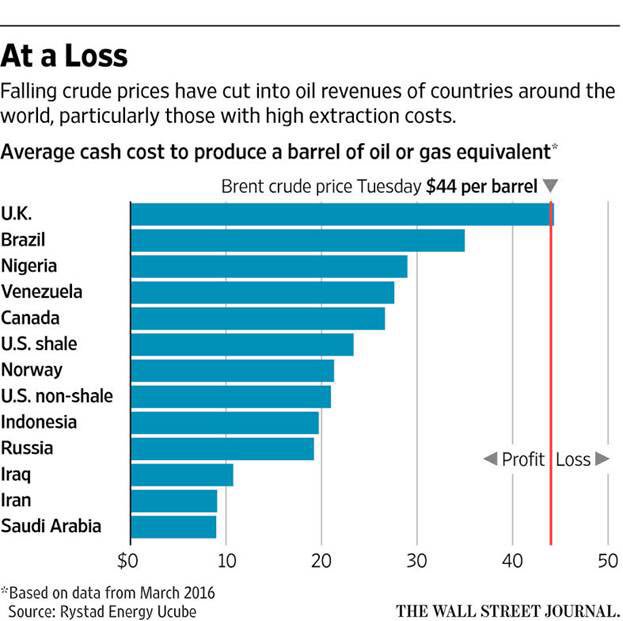 Once you’ve mastered putting in protective stops, you’ll feel empowered. Why? Because at that point you are emotionally balanced and are WILLING to transfer the risk to someone else and exit with a small loss. You have emotional and financial understanding that trading is a process and that any one trade is meaningless over 1,000s of trades.
Once you’ve mastered putting in protective stops, you’ll feel empowered. Why? Because at that point you are emotionally balanced and are WILLING to transfer the risk to someone else and exit with a small loss. You have emotional and financial understanding that trading is a process and that any one trade is meaningless over 1,000s of trades.
At that point you have personal power in that trading is just one part of your day and your life is abundant. And you don’t need to tell anyone about your trading. You’re in love with your process – be it mechanical or discretionary – and not in love with any one particular trade.
At that point, you’ll also realize that you can’t really speak to anyone about trading anymore. Most amateurs don’t understand that trading like a professional requires a combination of self-awareness, emotional intelligence, and some level of technical proficiency.
You won’t be able to communicate with such a person as they are speaking one language and you another. They are ignorant about your expertise and necessary behavior. It’s a dialect all its own and it’s unique to you and only you.
This ability is learned behavior – but most will never achieve this level because they are focused on the wrong principles. They’re missing the 80% of the puzzle that is most significant.









